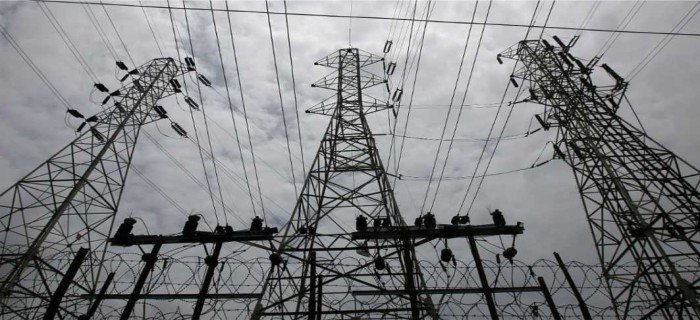
India Prepares Gas Power Fleet to Avert Summer Blackouts
21 May 2025
India has implemented emergency protocols mandating gas-fired power plants to increase production to ensure a continuous electricity supply throughout the summer season, as rising temperatures elevate demand. According to an order from the power ministry, the country's grid regulator will assess periods of high demand when gas-based plants will be required to generate power. It states that the units will be given a two-week notice, giving them enough time to arrange for the fuel.
India's gas-fired power plants, boasting a total capacity exceeding 20 GW, are currently functioning at approximately 20% of their maximum capability due to challenges in procuring fuel at affordable rates within a price-sensitive electricity market. Last summer, the country's peak power demand reached an unprecedented 250 GW, and the ministry anticipates that this will reach a new high this year.
The electricity generated in accordance with the emergency regulations, which are in effect from May 26 to June 30, will have assured off-take and will be secured by a payment assurance mechanism, as stated in the directive. The government has invoked section 11 of the electricity legislation, which grants it the authority to mandate any power facility to function as instructed during exceptional situations, including natural disasters, threats to national security, or disturbances to public order.
To serve the public interest, it is essential to maximise the use of all available generation resources to satisfy the increasing demand for electricity. However, even with the full utilisation of these resources, intermittent power shortages are still noted in specific areas during periods without solar energy, as stated in the order.


 (1).gif)
leave your comment